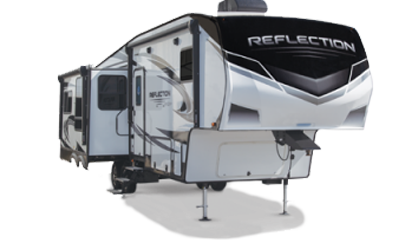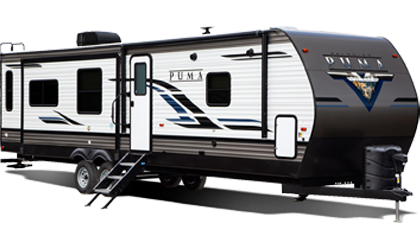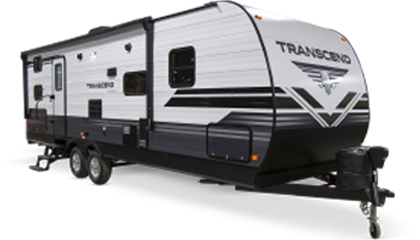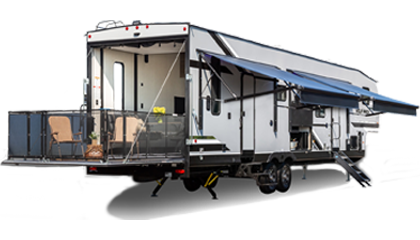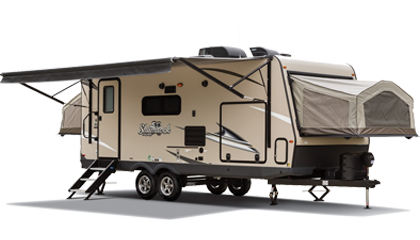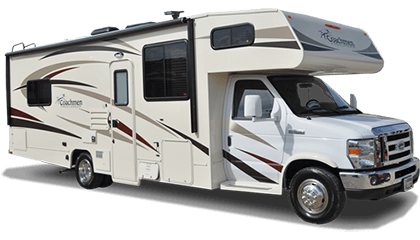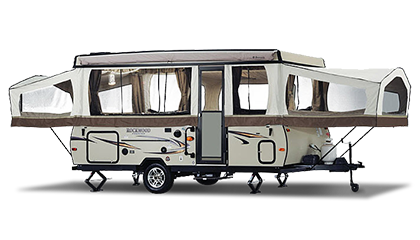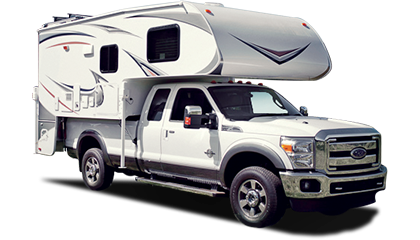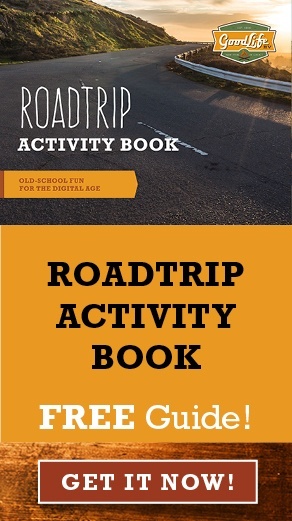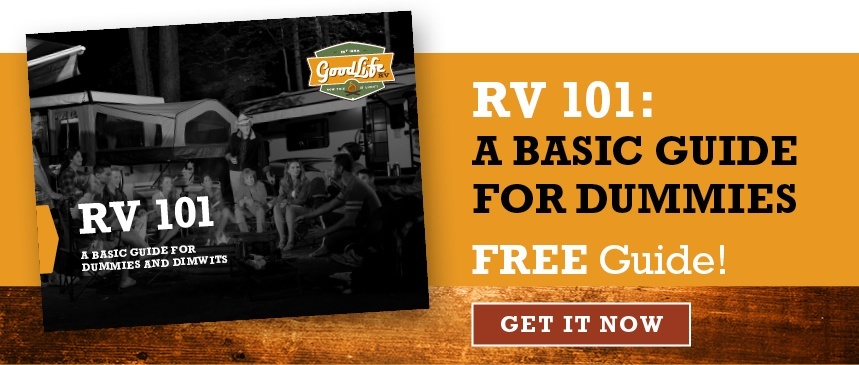Be Prepared: RV First Aid Kit Items
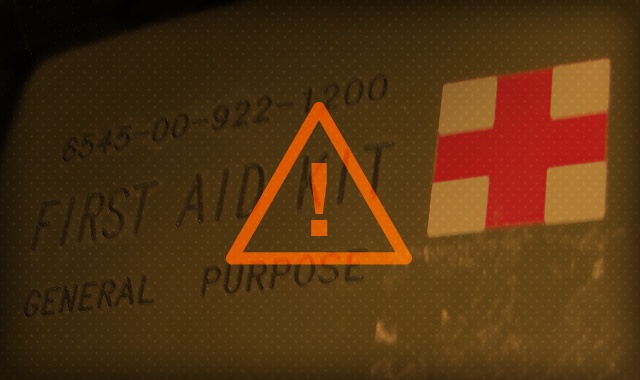
One of the many great things about the RVing lifestyle is the spontaneous nature. You can load up and take your home on wheels wherever your heart desires. When you’re dealing with this sort of spontaneity, you need to be prepared for anything that rolls your way. One of the most important things you can pack for a road trip is an RV first aid kit.
The first step in building your first aid kit is to choose a sturdy box for your kit’s storage. You can buy pre-made first aid kits, but they often have a limited amount of compartments and supplies. We prefer using a large tackle box as our carrying case because you can organize all of your supplies easily. When it’s time to actually fill your kit, here is our list of supplies we don’t want to hop in the rig without:
-
Anti-septic ointment
-
Anti-itch ointment
-
Burn ointment
-
Bandage roll
-
First Aid Guide
-
Ibuprofen
-
Antacid
-
Aspirin
-
Bandages (variety of types and sizes)
-
Cleansing / antiseptic wipes
-
Thermometer
-
Tweezers
-
Rubbing alcohol
-
Iodine
-
Daytime or nighttime medicine for colds and/or flu
-
Cold/Hot packs
On top of these items, make sure you pack several pairs of latex gloves to prevent infection. Label the rows of your tackle box so that you can access the first aid supplies quickly. Having different drawers for fever/pain, allergies/bites and one for accidents/bandages will help you when you need to get to the supplies fast.
Keeping the guide in your first aid kit may seem super old-school when you have a smartphone, but if you are dry camping far away from utilities and your phone happens to die, you will want a guide to make sure you are treating wounds correctly. If you don’t want to spend money on buying a book, you can also print out guides and have them ready if you need them.
If you are bringing family or friends who have medical conditions and need certain supplies, make sure you have extra of whatever they need on hand. For instance, glucose tabs are great to have on hand in case anyone has low blood sugar.
Now that you’ve stocked up on medications and supplies that will help you in case any surprise injuries roll your way, you are ready to hit the road with peace of mind. It’s always better to be safe than sorry, and by keeping a first aid kit in your rig, you will definitely be safe while you live the Good Life!

